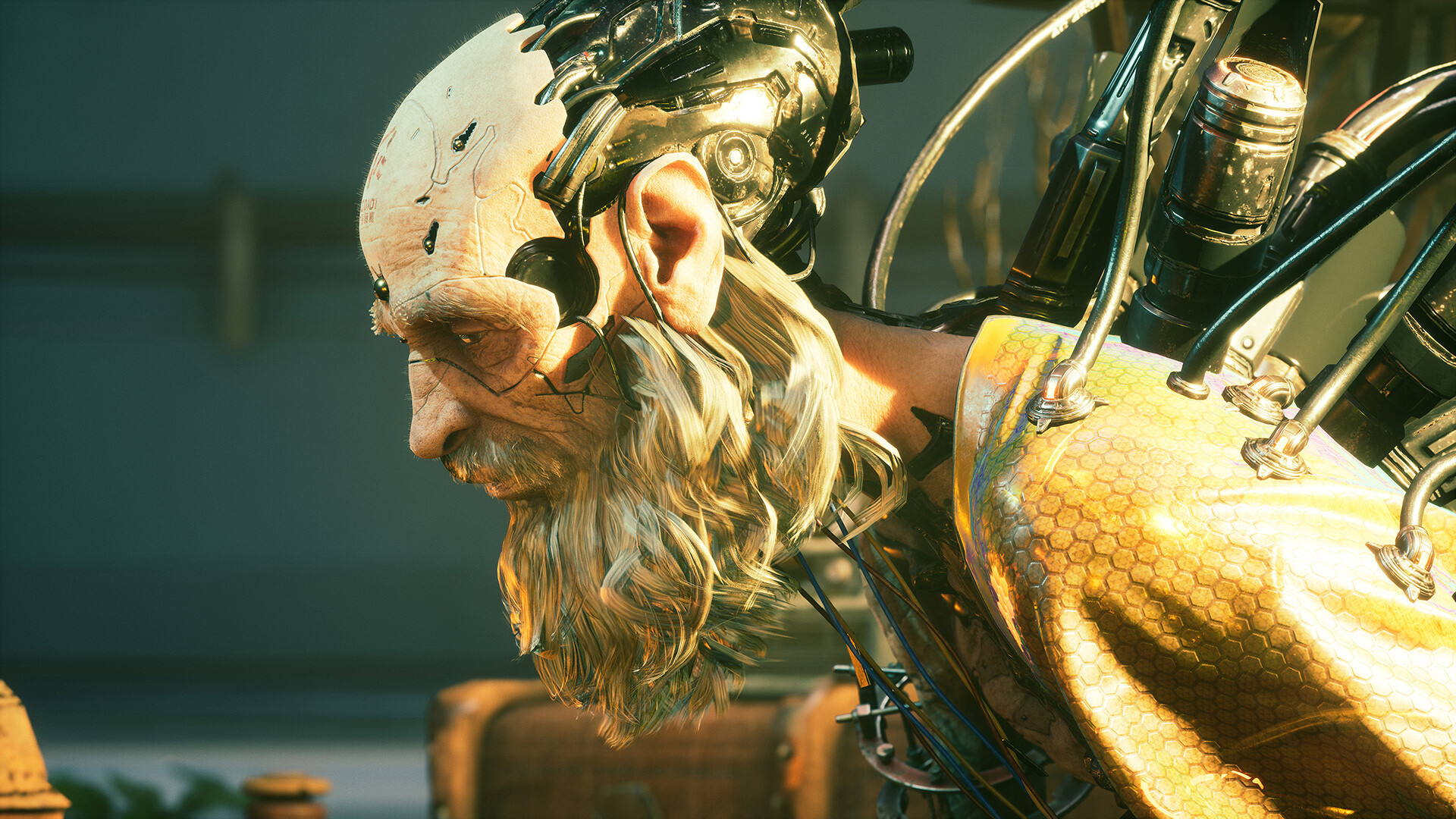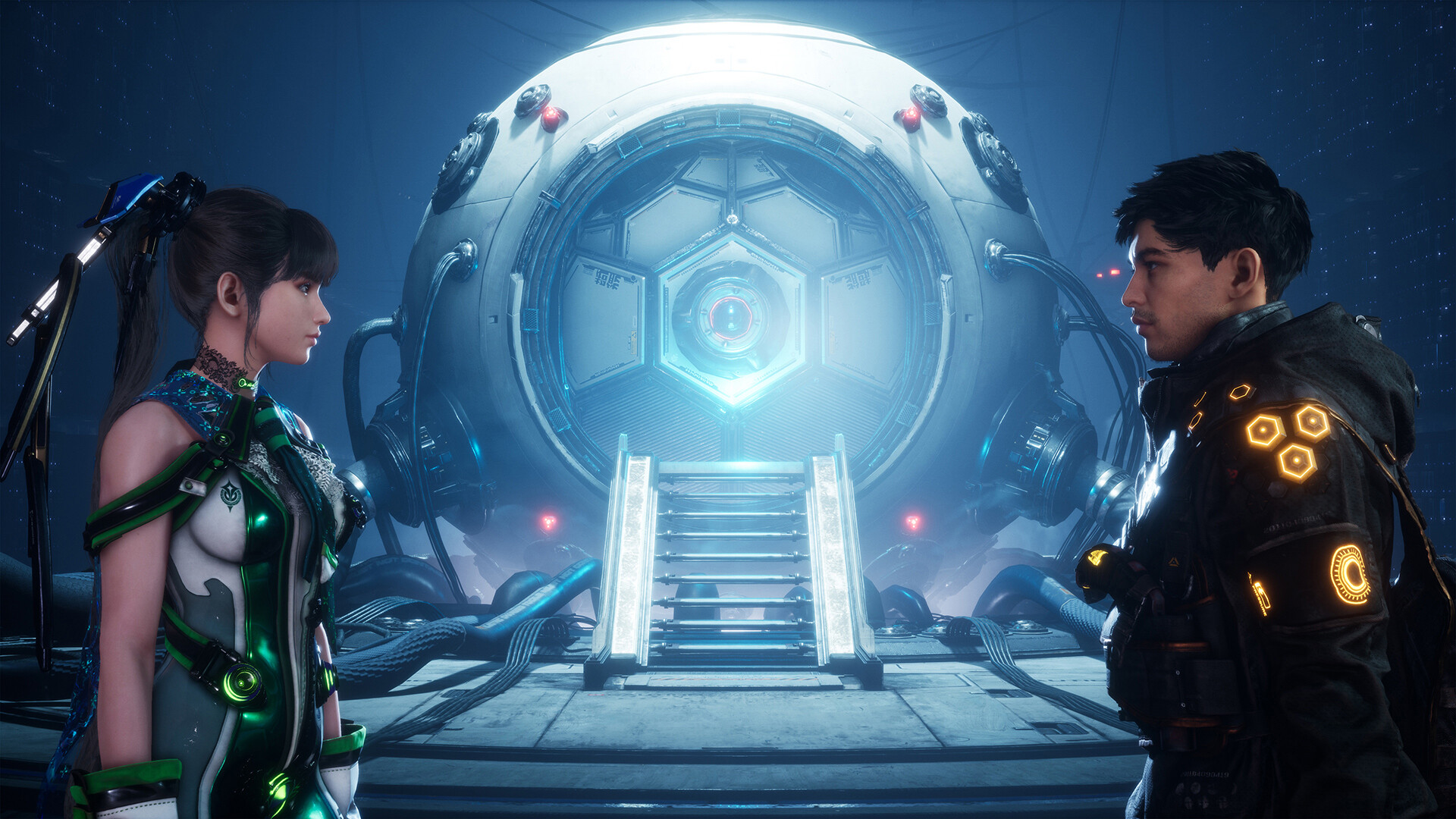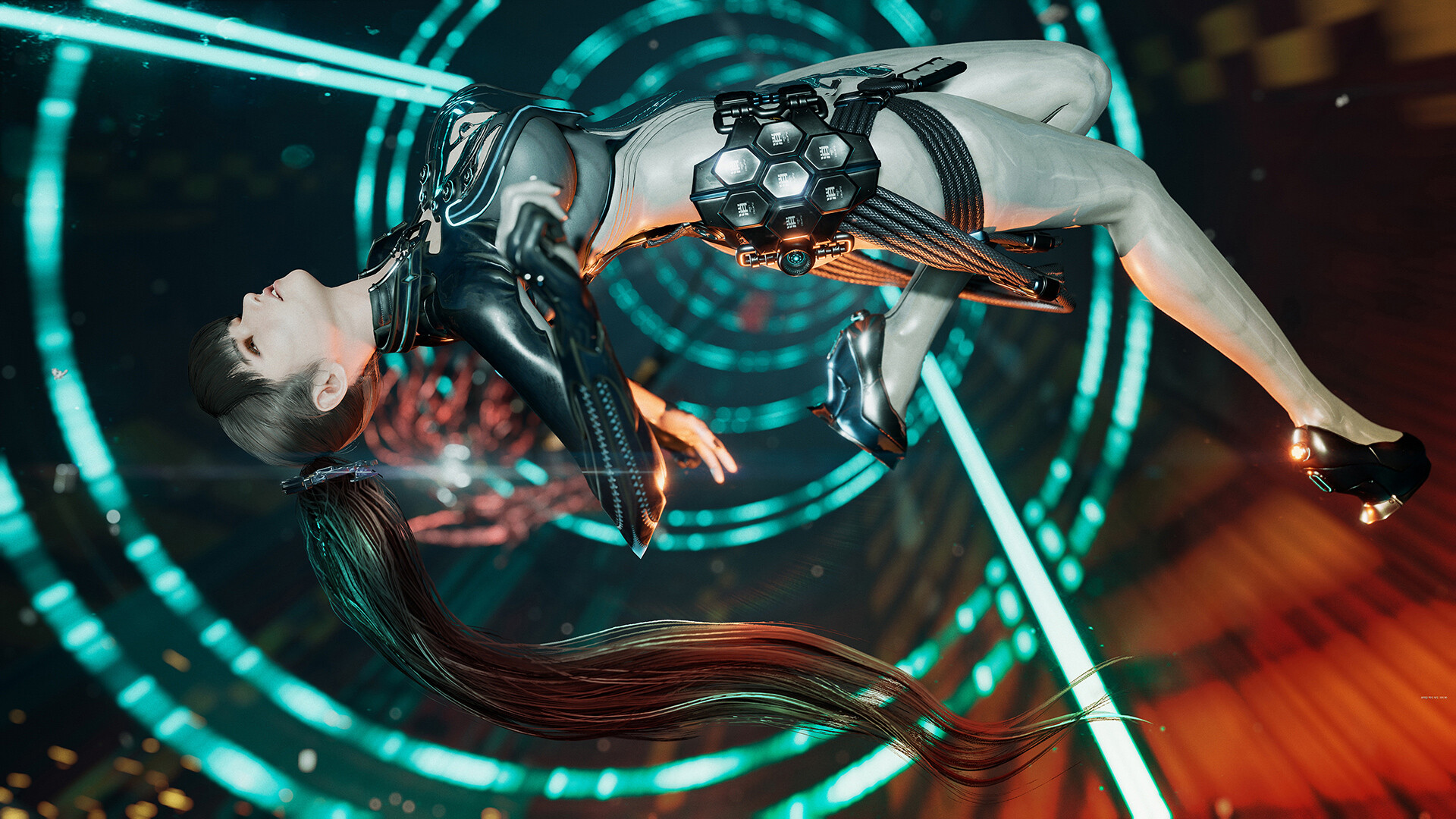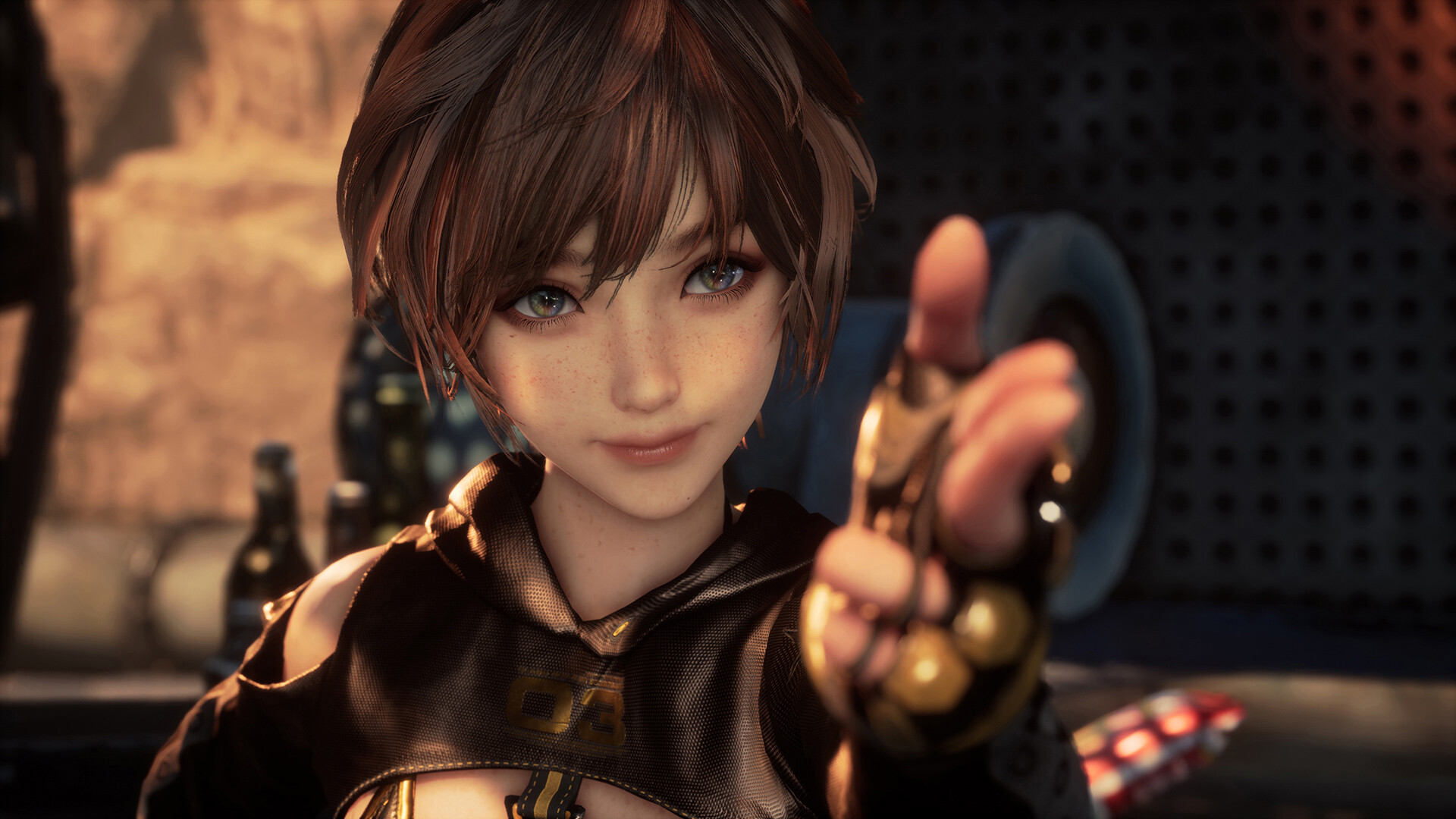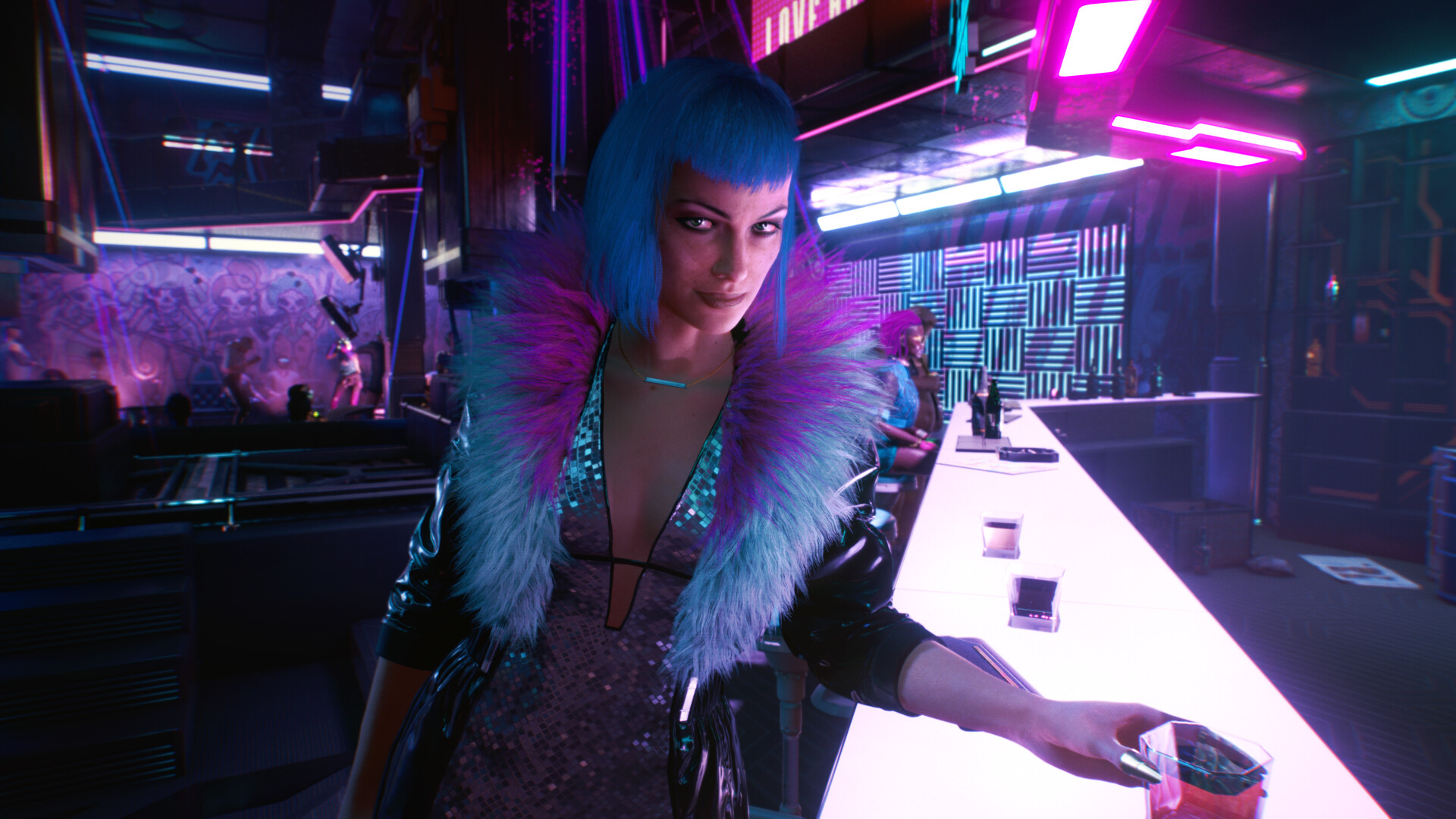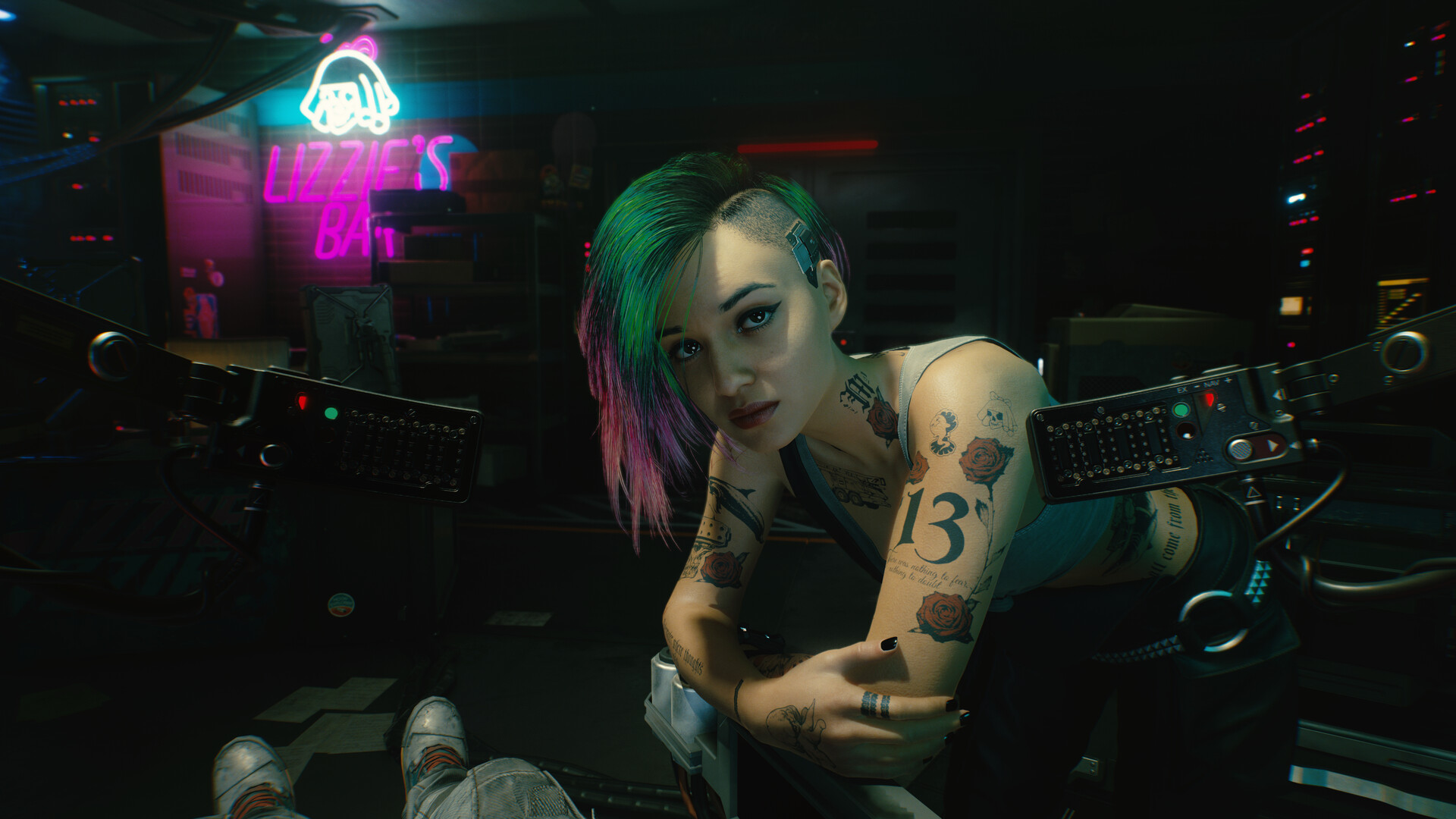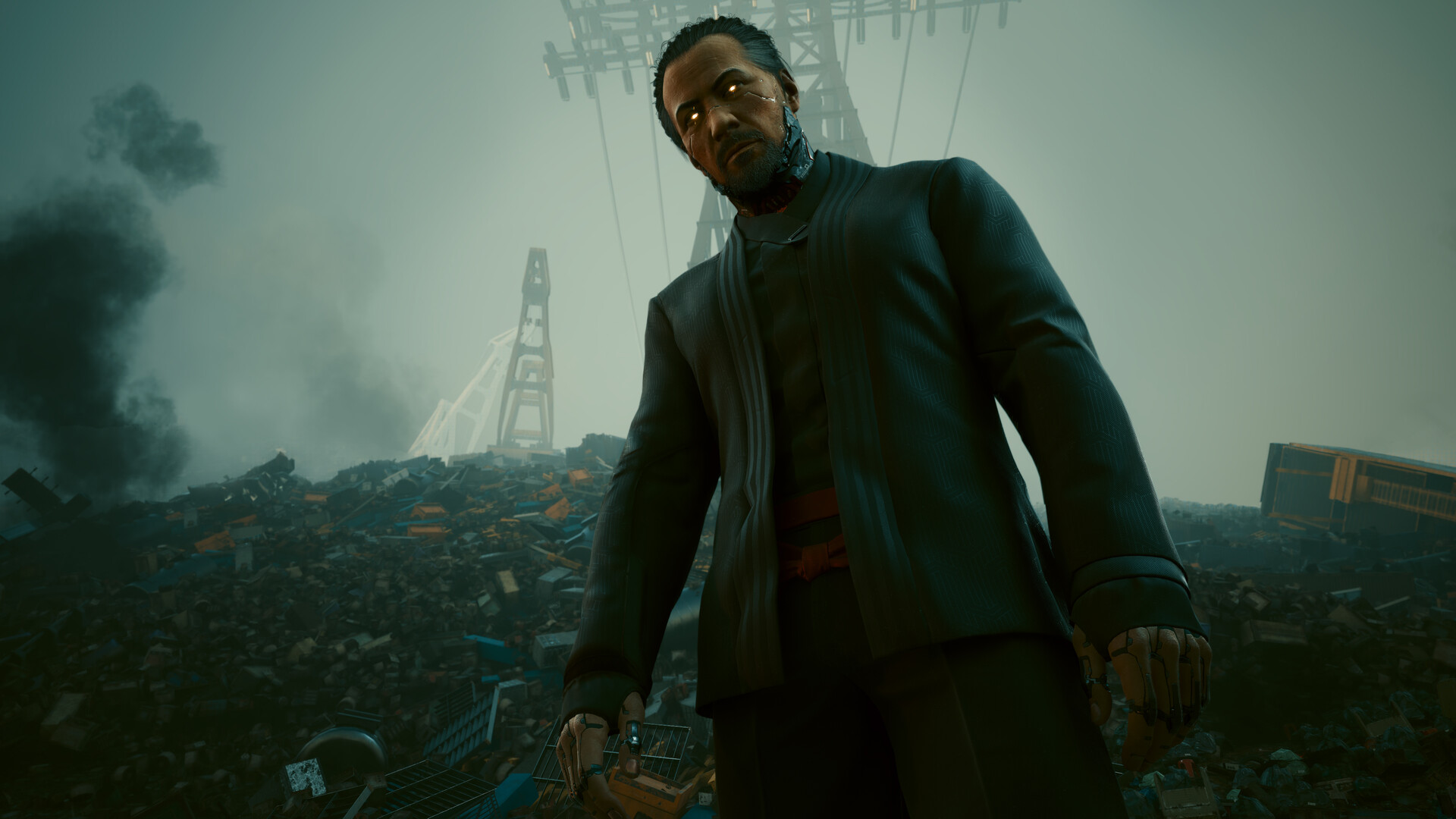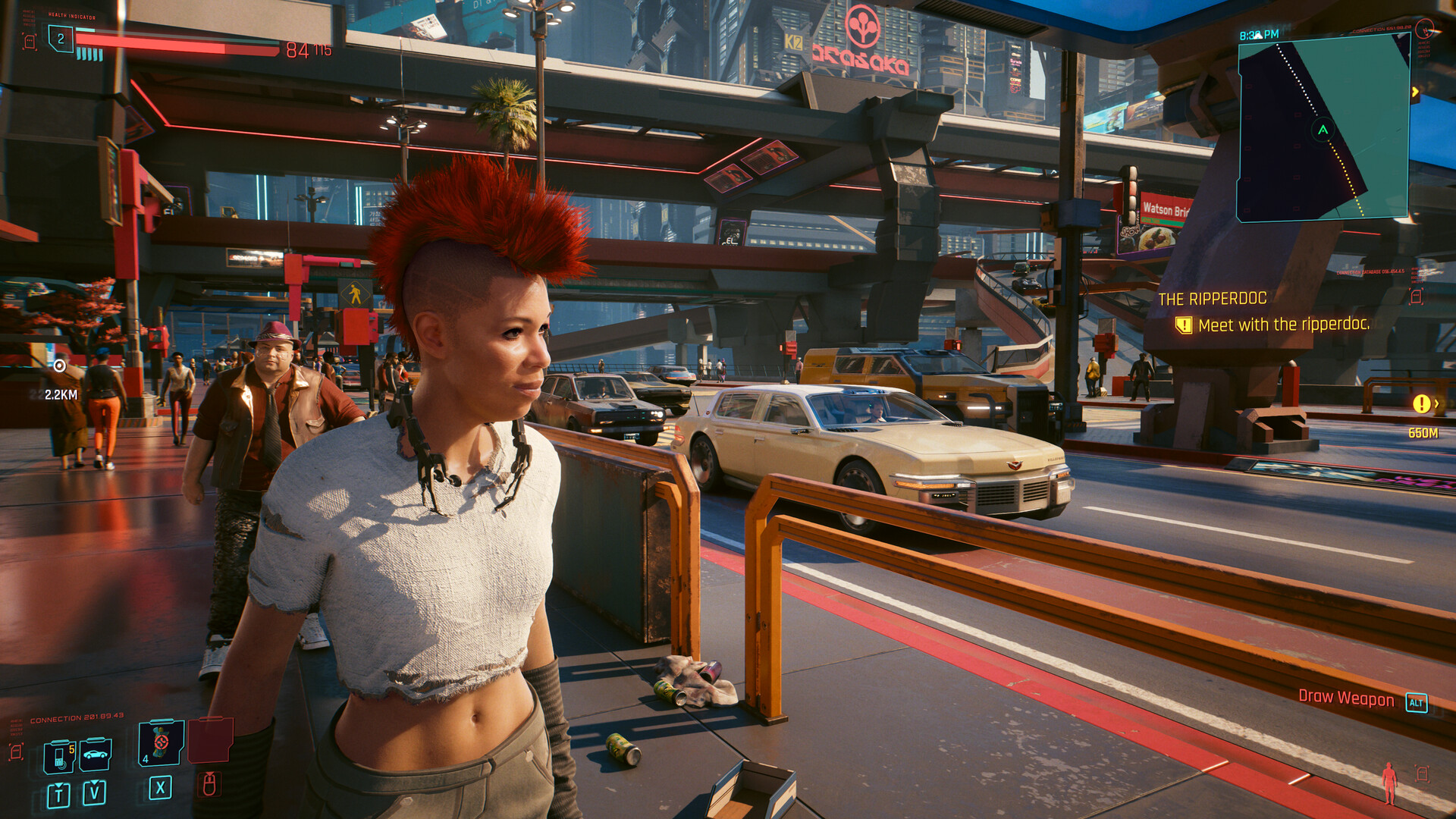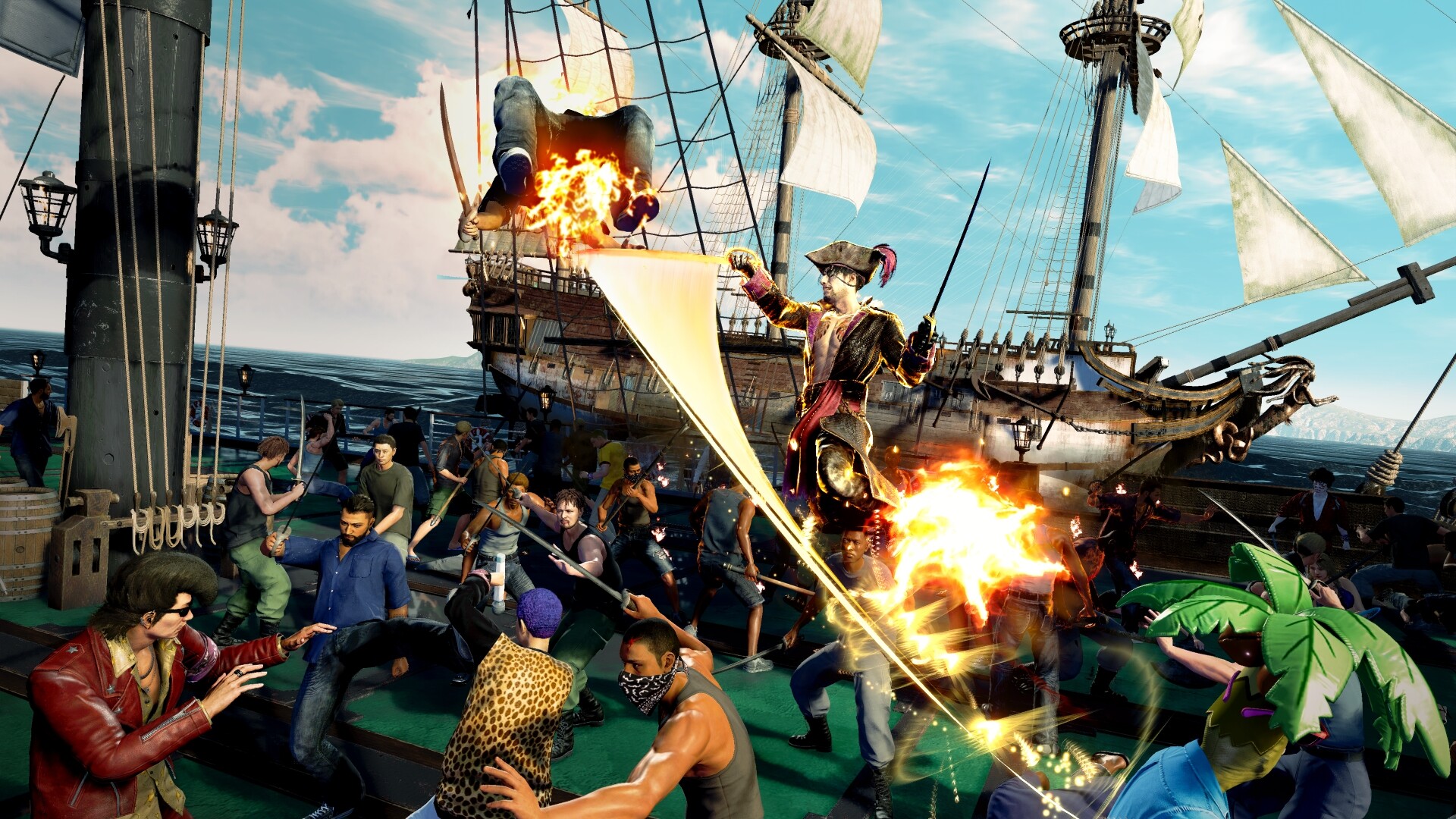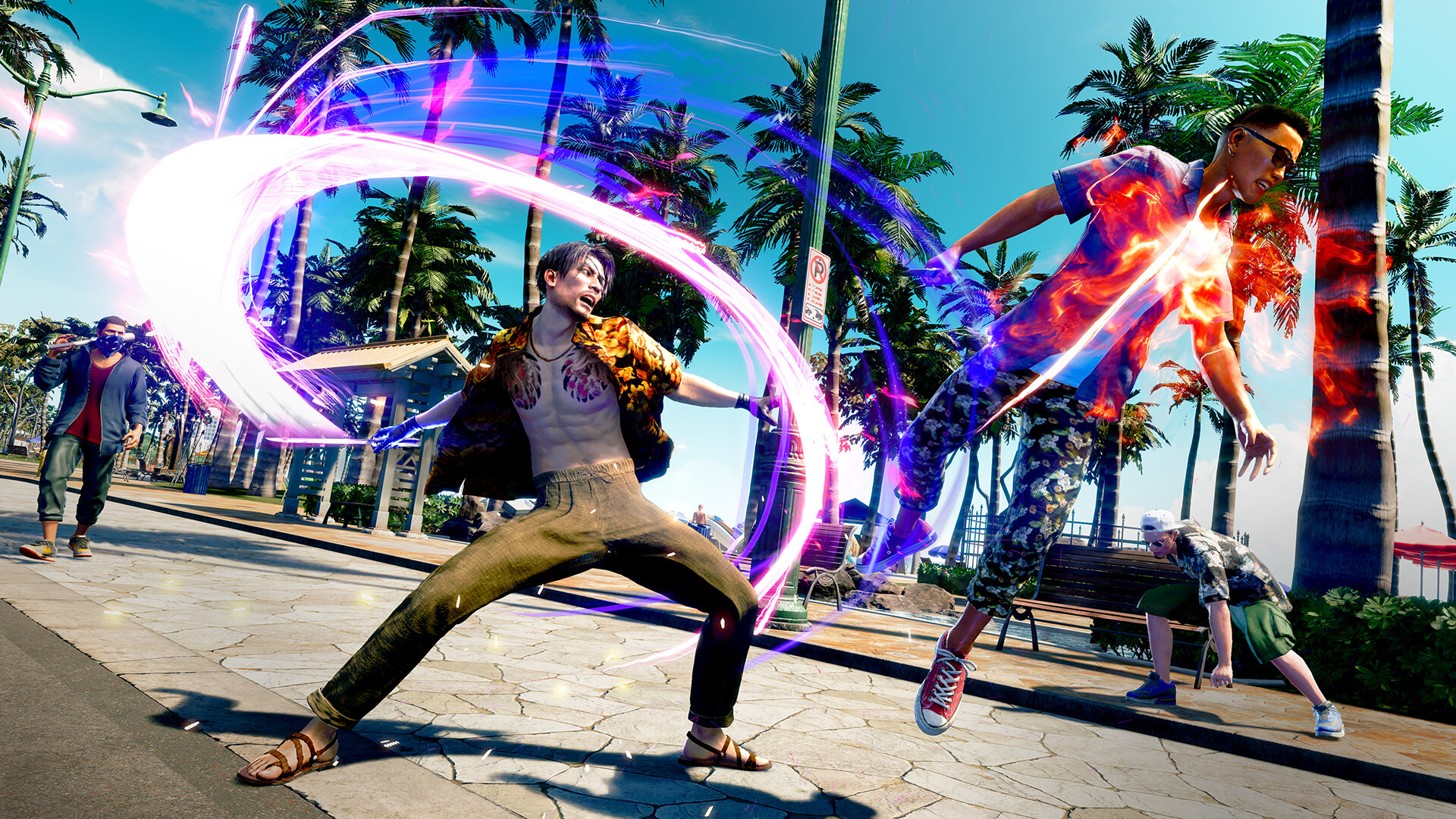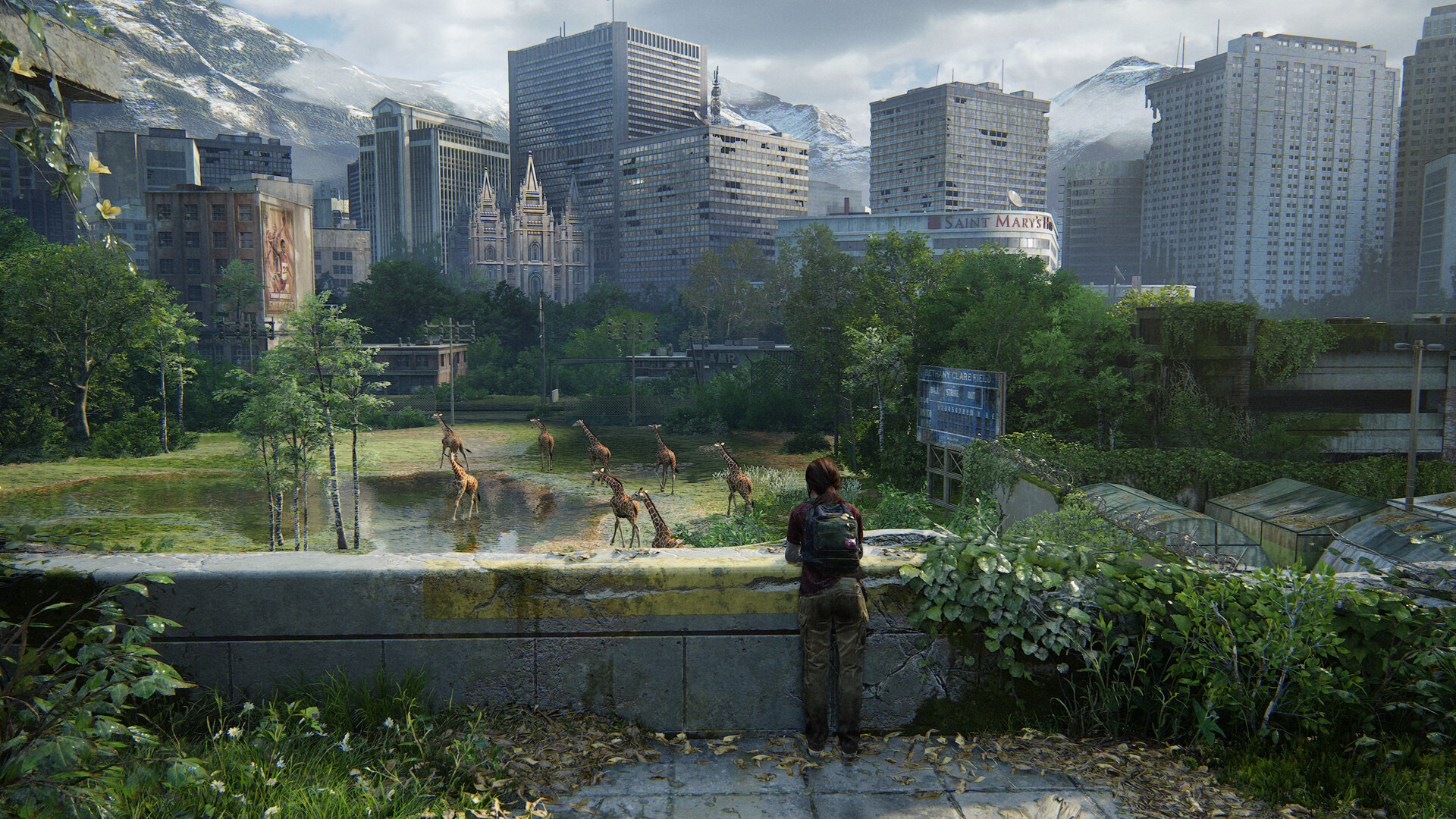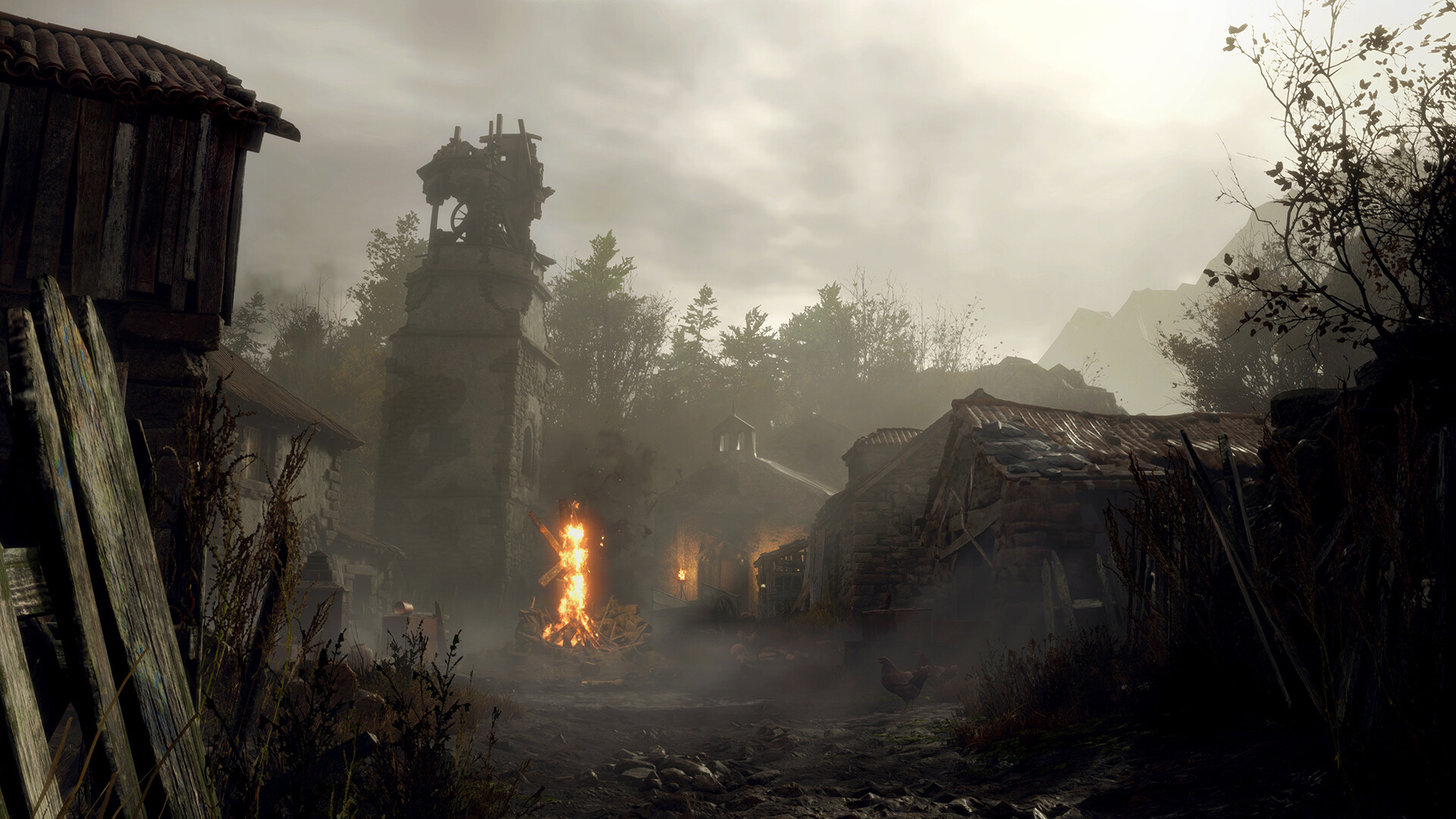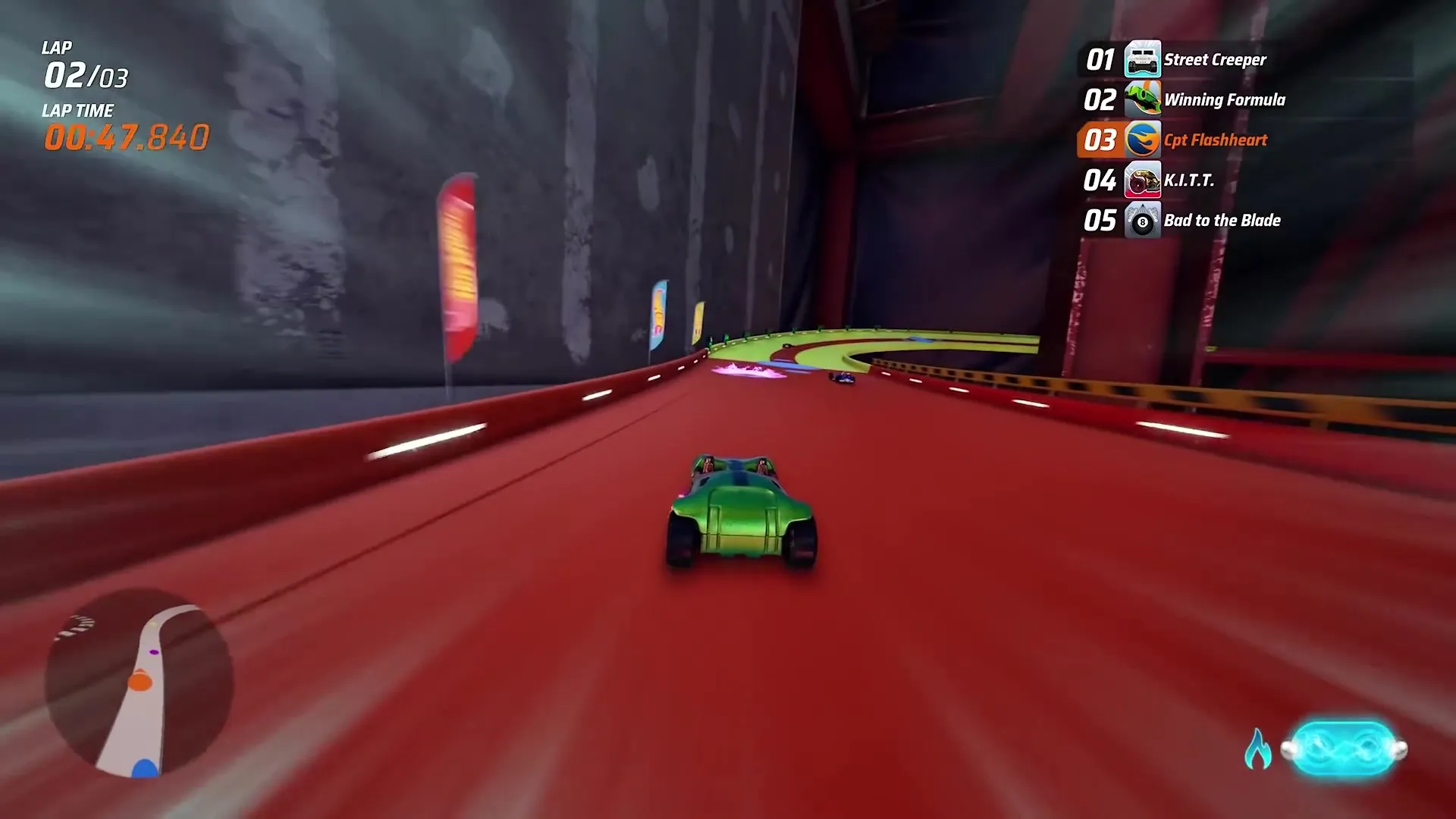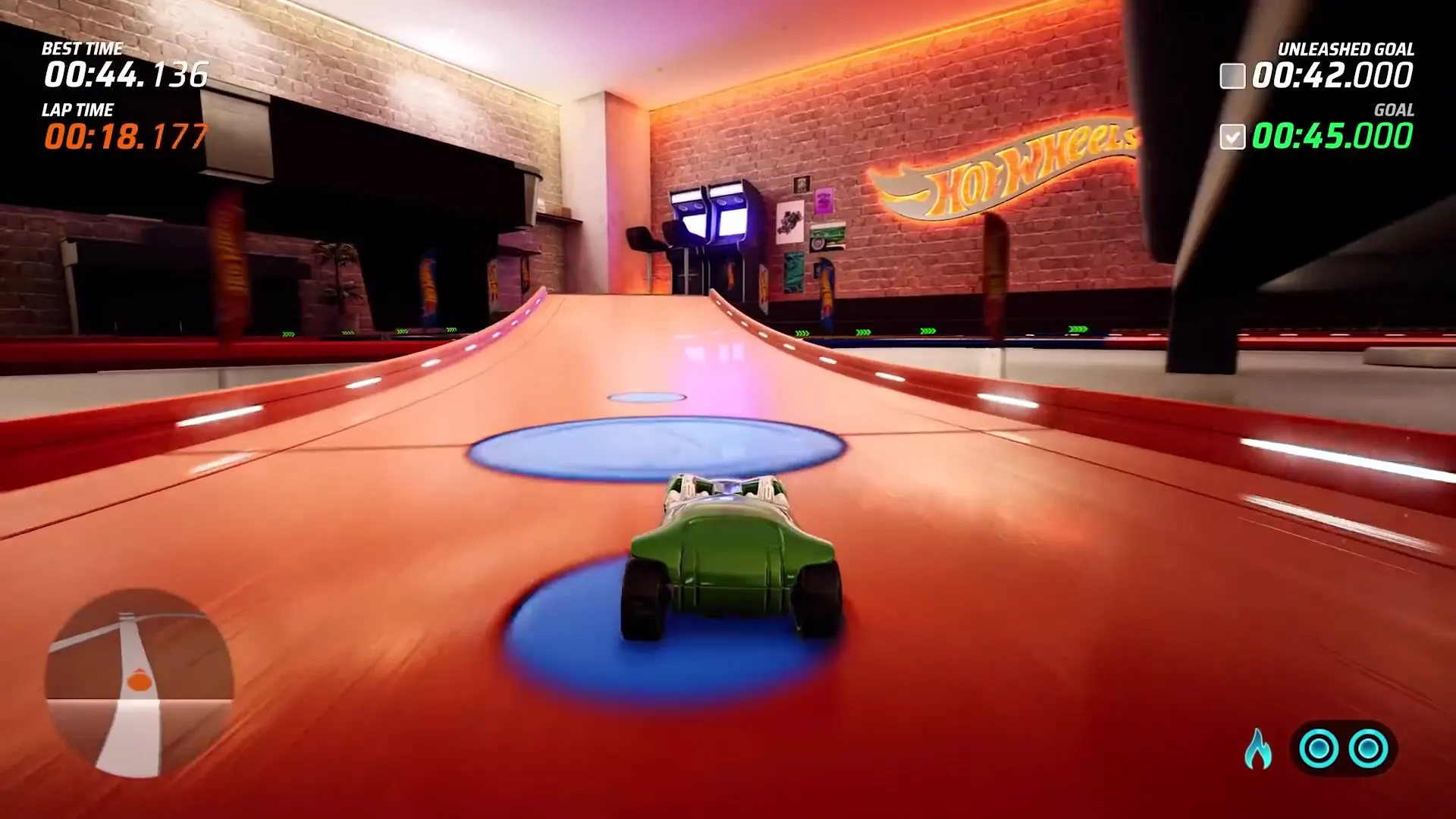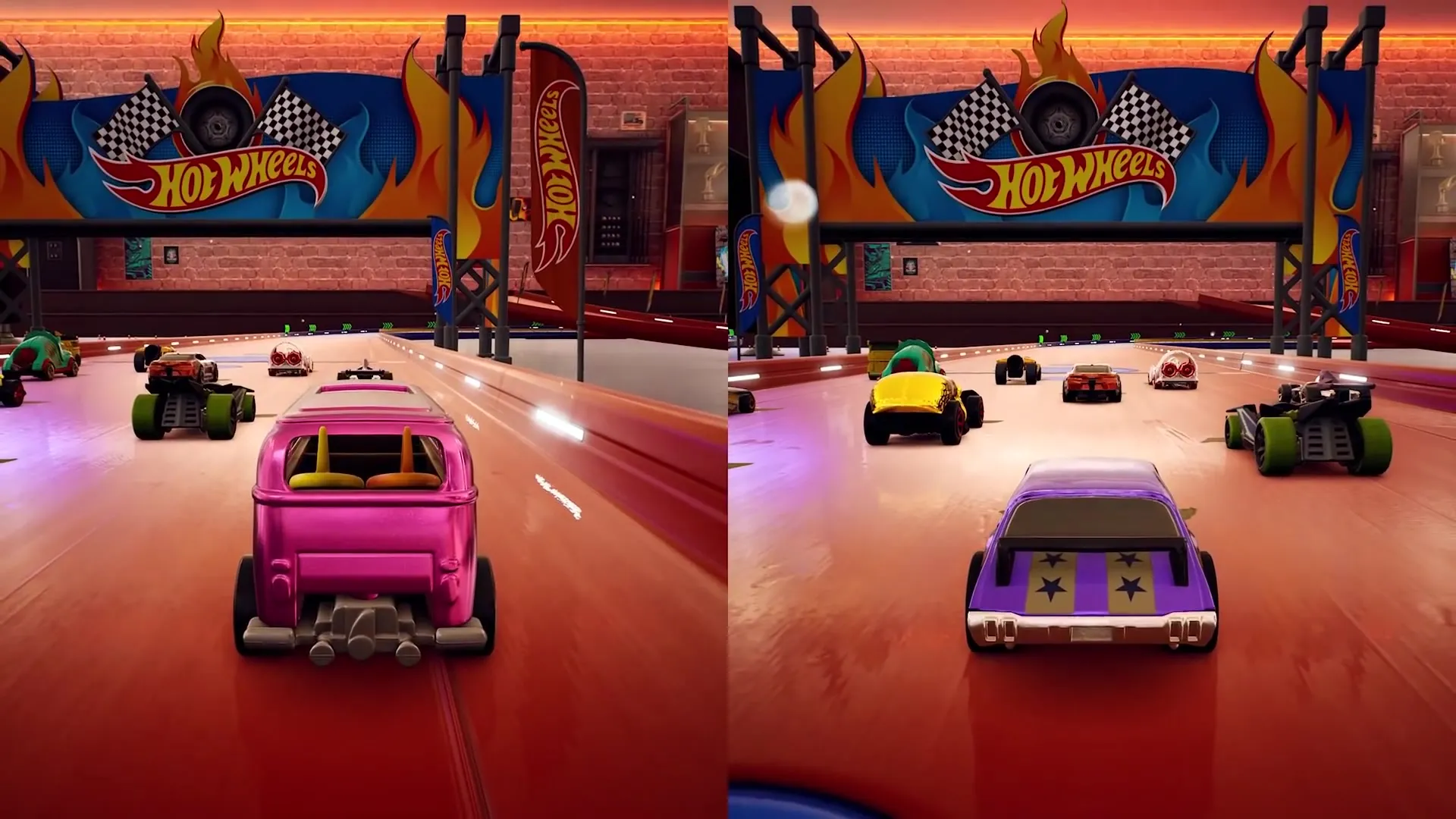Obsidian Dreams: Navigating Alan Wake 2's Dark Narrative
Let's cut straight to those glowing five-star scores. Honestly? They aren't lying. Alan Wake 2 looks staggering on the PS5—it’s just a fact. Every environment feels hand-sculpted, soaked in an atmosphere thick enough to make your skin crawl (or whatever digital equivalent of “chills” exists for a gamer). Combat actually feels great, too. It’s a rhythmic, slick choreography of flashlights and firearms that stands in total opposition to the clunky, awkward movement usually found in survival horror. But then there’s the plot. That is where things get genuinely fascinating—and, for some, incredibly annoying.
The Genesis of Genius: Early Works and Tribulations
I saw one critic describe it as a “cinematic experience with great puzzles,” and they hit the nail on the head. The voice work is top-tier; you’ve got the returning heavy hitters alongside fresh talent that absolutely nails the vibe. But there is a catch: the game constantly yanks you between Alan and Saga. It’s a bit jarring. Just as you’re sinking into Alan’s neon-soaked nightmare—WHAM—you are suddenly stuck in Saga’s sterile interrogation room. Disorienting? Absolutely.
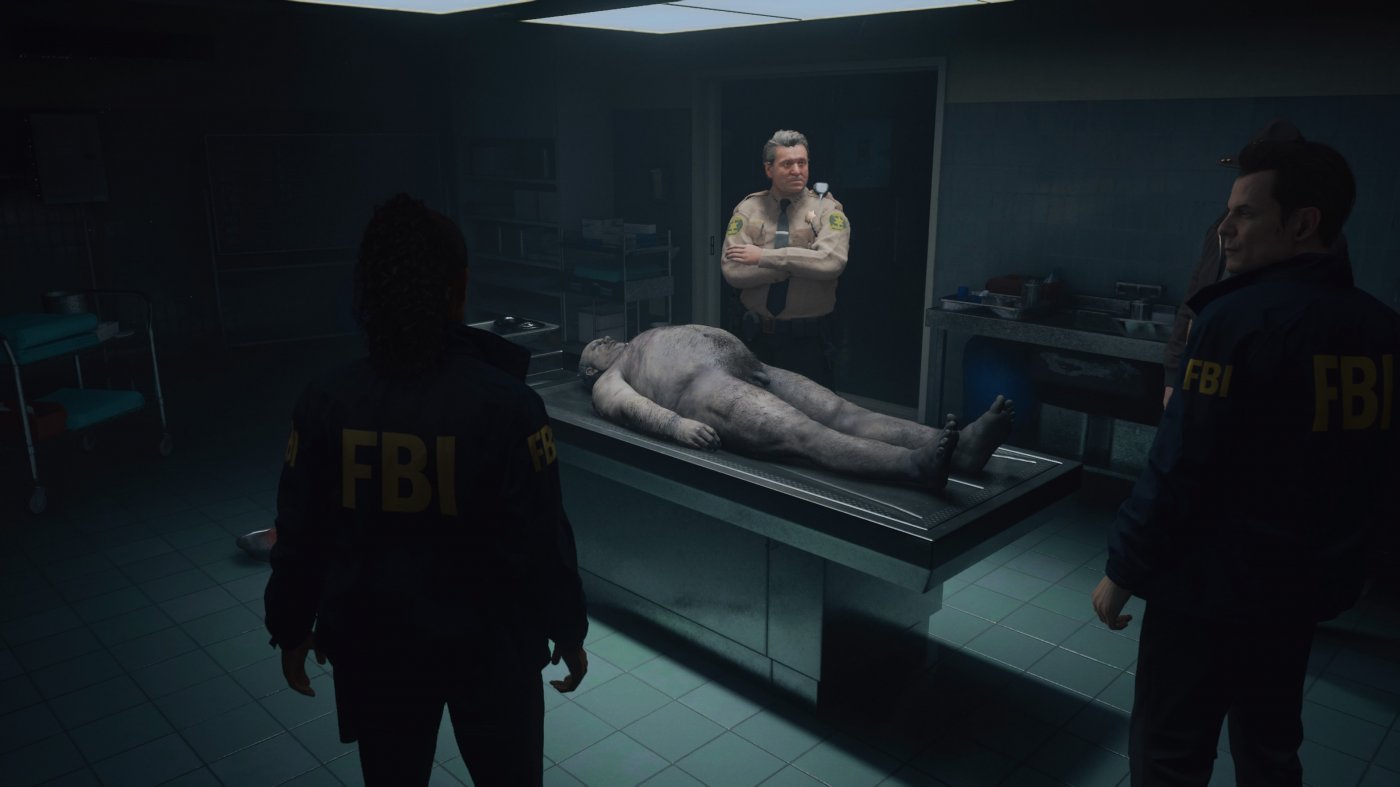
The narrative is “crazy” in the best way possible. It plays out like a fractured labyrinth of psychological dread that keeps you hooked while simultaneously leaving you scratching your head. You’ll probably feel an itch to revisit the original game just to keep your bearings (a smart play, honestly). Still, there is a hurdle: those opening hours feel like walking through wet concrete. That immediate “hook” is replaced by a slow-motion burn that might make impatient players who buy PS5 horror games and wish things would just catch fire a little faster.
A Defiant Response: Disagreeing with Detractors
That being said, all this brilliance arrives with a bit of a catch. The game’s total refusal to hold your hand throughout the plot can be pretty disorienting. You really have to be ready to plunge headfirst into total mystery—basically piecing together a shattered story like a detective chasing a trail of cryptic clues. It’s a genuine hurdle. Yet, that specific challenge is exactly what gives the game its strange, magnetic charm.

Here is the thing: Alan Wake 2 just isn’t for everybody. If you’re looking for a straight-line, spoon-fed narrative, you won’t find it here. But for the players who actually value inventive storytelling, gorgeous graphics, and a heavy hit of psychological dread? This is mandatory stuff. Just make sure to bring a metaphorical flashlight, a lot of patience, and a real desire to get lost. This twisty, labyrinthine trip is worth the effort—even if it leaves you more baffled than a weary detective fighting off a village of regenerating cultists (yeah, I'm looking at you, RE4 remake).
Final Verdict: A Triumph of Creativity and Innovation
Is Alan Wake 2 a flawless masterpiece? Honestly, no. That cryptic, looping story will definitely leave some people feeling totally lost, and the constant backtracking can—at times—feel like a bit of a slog. But here is the thing: those rough edges are intentional. They mirror the protagonist’s own shattered psyche and the shifting, unstable reality of his thoughts. It’s messy because he is.
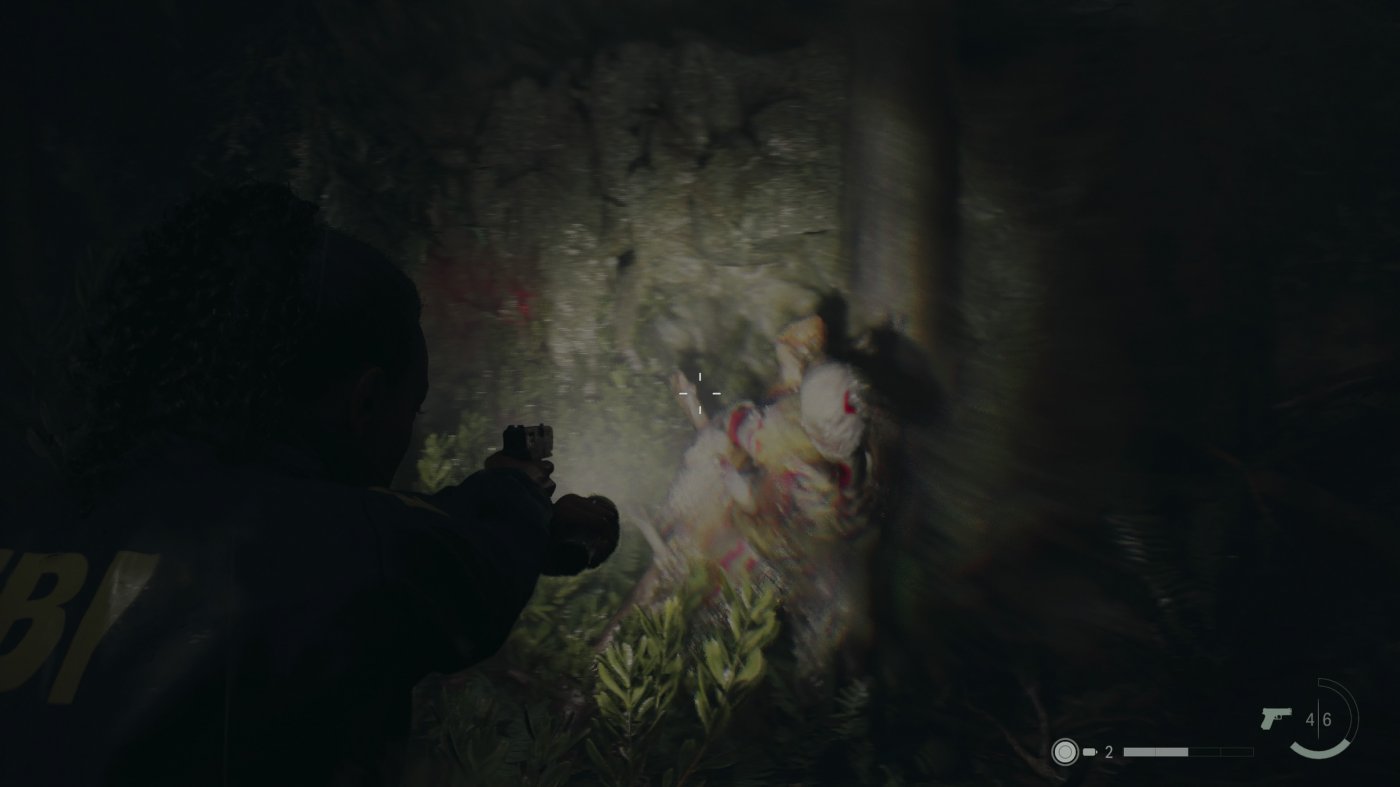
So, who should actually play this? Simple: the gutsy, the inquisitive, and anyone with a soft spot for weird art. If you want a horror game that actually crawls under your skin—one that forces your brain to work overtime while delivering a world that is equal parts hideous and breathtaking—then this trip into the abyss is exactly what you need. It's a wild ride.
Craving a Deeper Dive?
If you're still hungry for more, go ahead and search for things like “Alan Wake 2 pacing analysis” or “dual protagonist comparisons”—or maybe look up why it’s a “worthy successor with a caveat.” If disturbing is not your cup of tea, could my Cyberpunk 2077 review make you thirsty? Happy hunting. Just keep in mind that the best parts of a story usually hide far away from the obvious path, even if that specific trail makes you feel slightly lost every now and then.
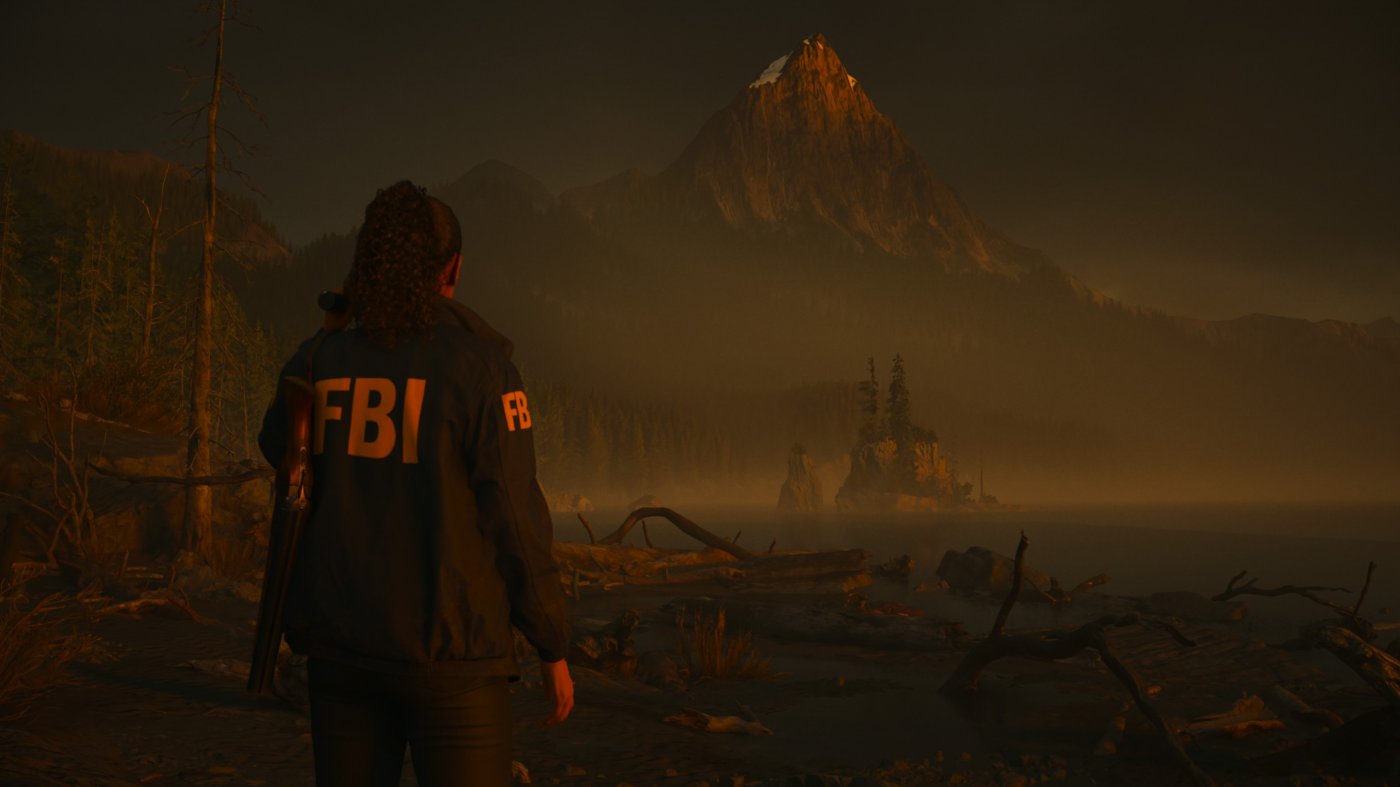
So, should you actually start this twisty journey? Well, if you want a game that demands your undivided focus and a decent amount of patience, then Alan Wake 2 is your game. Grab your metaphorical magnifying glass, a big pile of grit, and a real desire to just roll with the weirdness. Sure, the road ahead is packed with long exposition dumps and moments of “wait, what?” ambiguity—but for the explorer who sticks it out, the payoff is a narrative and an experience that sticks in your brain long after the credits roll.
